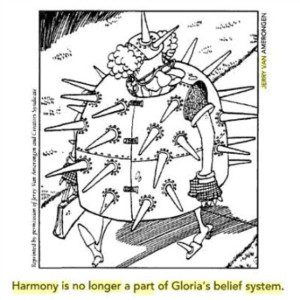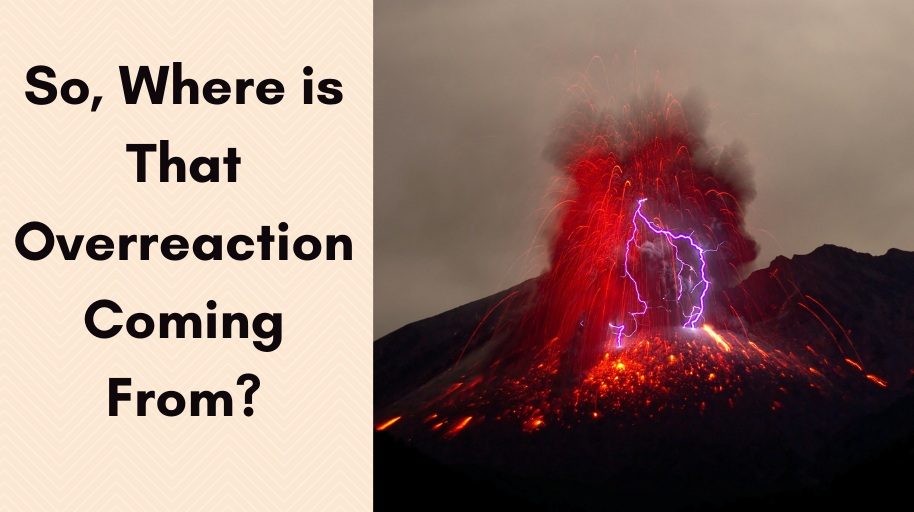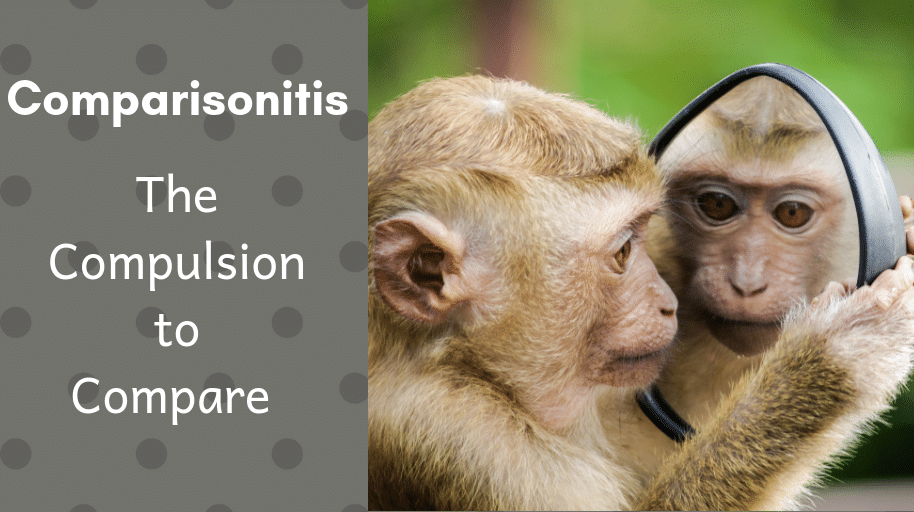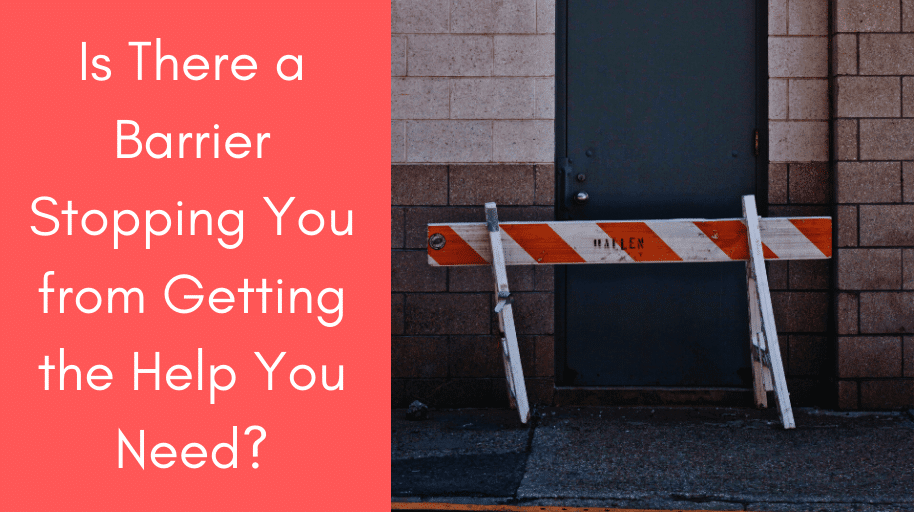We can have an overreaction to life’s events, but when we search out what’s behind the reaction, we often find history-based pain. Let’s help the prickly pear.
It was a reaction I wasn’t expecting. I had made a few jokes, and their response wasn’t to have a simple laugh with me but to get highly defensive and even go on the attack.
Have you ever wondered why some people take offense even to something seemingly unoffensive?
Where no harm was meant, but there sure was a reaction!
Overreaction
In their overreaction, you decide you need to be super careful around them.
You pick your words with utmost care so that you don’t get an explosion, that overreaction.
But all of this controlled containment of your natural self leads to a shutting down—you’ tiptoe’ around them, careful not to push their buttons.
And honestly, how does that lead to a more in-depth, more meaningful, and intimate relationship?
Maybe it’s withdrawal. Their response to some situation is a withdrawal into themselves—hiding away in a cave of negative echoes.
You see, we respond to the present out of the formation of our history.
The painful events of our history have bumped and knocked us into drawing up a guidebook of conclusions about life. Some of those conclusions need to be revisited as adults and decided upon if they are truly helpful or not, and if they help us develop meaningful and intimate relationships.
History-based pain
I read this quote the other day from David Riddell.
The more you fear humiliation, the angrier you must get, in your attempts to protect yourself from its history-based pain. David Riddell
Let’s unpack this.
We like to tease each other. It’s normal, and it’s part of play and growing relationships.
But we don’t like to be humiliated. To be shamed and feel small, foolish, or incompetent.
So we protect ourselves from anyone or anything that might trigger those feelings of humiliation. We fear being humiliated.
So we get angry at the injustice of it all. We lash out at the abuser.
But as we do this, a wall is being built—a barrier that stops the flow of intimacy – in-to-me-see.
It’s a history-based pain that keeps getting the touchdown.
Something happened back then that is like a trampoline that even now you still bounce off. It seems so normal and natural for you to respond that way, but it’s not helpful.
Their response is their responsibility.
When someone is overreacting, then it’s important to remember that how they respond is their responsibility.
You cant control them and the way they react to the various stimuli they are going to come across.
We are volitional beings. God has given us the cognitive ability to make choices.
Victor Frankl, a survivor of the extermination camps of holocaust Germany, knew something of our ability to choose how we respond.
Between stimulus and response there is a space. In that space is our power to choose our response. In our response lies our growth and our freedom. Victor Frankl
Your response to the ‘Prickly Pear.’
Perhaps you know someone who is what I call a ‘Prickly Pear.’
An actual Prickly Pear is a fruit from the cacti family. It can be eaten and enjoyed, but on the outside of the skin are fine prickles or bristles that easily dislodge and can cause skin and eye irritation.

So you handle them with care.
If you want more of a human face to a prickly pear, then meet Gloria.

If you want to know Gloria and discover her goodness, you need to have loads of patience and learn to ask questions.
Good questions that defuse the walking landmine they are.
Asking the questions
A question has a way of opening up lines of inquiry. If you want to go deep with a Gloria or Glen, then gentle, empowering questions need to be asked.
Questions to ask yourself
-
- What do I know about their history that might help explain their reaction?
- What gets generated emotionally in me when they react in that way?
- Am I taking responsibility for my communication?
- Am I needlessly being too flippant with my word>
Questions to ask them
-
- I’m curious, why did you respond in the way you did?
- Could you describe another time when you reacted in that way, and how did that affect your relationships?
- When did you first ‘feel’ that feeling of … (eg, being mocked)
- What painful experiences have shaped your life in unhelpful ways
History to His Story
As we review the bumps and bruises of our story, we will notice times when we responded in certain ways to life events that have left us with thinking and emotional response habits.
But we are not locked into our past.
We can change, our brains are plastic (malleable), and we have God of infinite creative power that desires to make all things new.
So we now offer up our thinking and emotional response habits to God, asking for questions to unlock the purposes of the heart.
What would Jesus want me to know about this moment in my story and in his-story?
Can Spirit (Holy) help to lubricate the wiring in my brain to have the same mind that was in Christ Jesus? Philippians 2:5
I believe they can.
Quotes to consider
- Check every over-reaction in the present for an echo from the past. Trace it, face it, replace it, or live on in all-out reaction to others. D. Riddell
- Reacting badly? A trauma in the past causes an over-reaction in the present. Acknowledge and compensate for it in order to carry on. D. Riddell
- When you next over-react in anxiety, rejection, or anger, try to distinguish between present reality and the echoes of past experiences. D. Riddell
Questions to answer
- Fight, flight, or freeze. All can be overreactions to stressful triggers to history-based pain. What tends to be your default response mode?
- Can you think of times you overreacted? What history-based pain did that bounce off?
- What other questions could be asked to gently probe a person’s overreactions?
Further Reading
Barry Pearman
Photo by Marc Szeglat on Unsplash

Barry is a writer, coach, and course creator that has a passion for Mental Health and Spiritual Formation.
Get two free ebooks. One about Depression and one about Spiritual Exercises that will help your Mental Health





